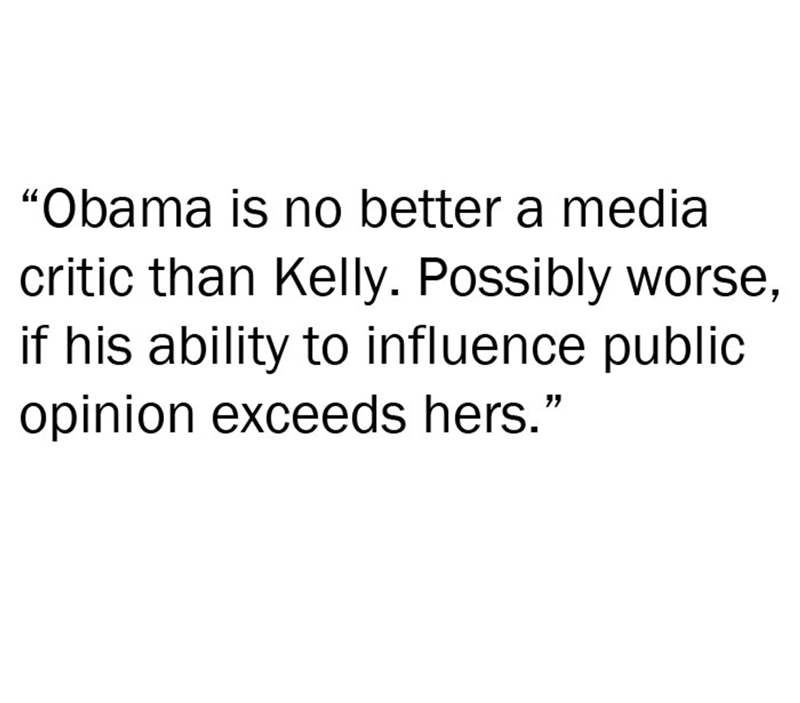Everywhere I’ve worked and regardless of the medium, I’ve heard similar reader complaints: “You got it wrong.”
And the too-frequent follow-up: “If you can’t get something that simple right, how can I trust the rest of what you report?”
That first, even when mistaken, is not unreasonable. The second, however, is juvenile, irrespective of age.
Early on, when most oral communication was by black Bakelite dial phones, I learned never to argue with a caller. They might be right and their desire to be heard typically was more important than obtaining a correction.
Real listening instead of thinking of another question or retort is a learned skill. As I told journalism students, “When it’s so important that someone calls, shut up and listen! You might learn something! You might even get a better story!”
But don’t argue. If it were my story, I promised to call back after checking my notes and sources. If it were someone else’s story but I got the call, I promised to pass the complaint up the line. I also gave them my name and direct number and invited them to call again if no one responded.
But back to Complaint No. 1. Memories of some errors still generate blushes moving from my ankles to my thinning hair.
One caller chided me about an Enquirer story, saying the accused killer should be acquitted for a June 31 shooting… because, dummy, there is no such date and it could not have happened.
I rechecked my notes. Then I returned to the cop shop to check the homicide report. Same date. Same error. Two dummies.
Numbers — especially percentages — are a minefield for journalists. I was criticized for a CityBeat column saying that “most” of 15 black men who died at the hands of Cincinnati police prior to the 2001 unrest attacked or threatened officers. It was seven of 15, not eight. I was wrong. I’m told that close only counts in horseshoes and hand grenades.
Poor word choice also invites criticism. An editor at the Minneapolis Star circled “frolic” in red in three religion page headlines.
“Lutherans don’t frolic,” he said.
I hadn’t written the culturally insensitive heds. Three copy editors each wrote one of the frolicsome heds on three otherwise unrelated religion page stories.
More recently, a London online story said the U.S. Army “hired” the first women for infantry/armor training. Hired? The candidates already were in the army. Wrong verb.
Once in a while, we get away with a clanger. At the Rome Daily American, I had to fit “assassinate” into the page one headline on our tabloid-format paper. The type had to be as large as possible: Someone had tried to kill the president of France.
“Assassinate” would not fit. I cheated. “Assasinate” fit. Or was it “Asassinate”? I don’t remember but somewhere, an extra S is waiting in judgment. No one said anything after the paper came out.
When it came to errors at the Enquirer, editors generally ran corrections only when errors affected the accuracy of a story: wrong or misspelled name, wrong house number or street, etc. Putting an event in O’Bryonville instead of East Walnut Hills or Clifton instead of University Heights rarely rose to that level of offense.
In one case, I had a problem we never solved. Luckily, no one complained. A Westwood family lost two children in an apartment fire, and a third, burned child was taken to Children’s Hospital.
I sat with the shocked father outside the smoking building, listening. He knew I was a reporter. I don’t think he cared. I took out my notebook and printed his name and the names of his children in BLOCK LETTERS.
As was my practice, I showed him what’d I’d written. Were the names correct? Yes, he said. Was his? Yes. I listened some more and asked him again, did I get his name and the kids’ names right? Yes, he said.
Those spellings didn’t match official reports or hospital records. Close. Obviously the same people. I still don’t know who got it wrong.
Sometimes, error reflects genuine ignorance.
A classic error involved one of the fungible, young reporters passing through local TV. She confused Hamilton, Ohio and Hamilton County and prattled in blissful ignorance.
Sometimes, ignorance is inexplicable.
In stories about classic or super cars, too many writers describe Bugatti as an Italian car; it’s French.
A news service photo in the Enquirer described a howitzer as a “machine gun.” Granted, few Americans have military experience, but mistaking a relatively huge howitzer for a machine gun is weird.
That can leave a reader wondering what else is wrong that or any other day.
So can the cliche, “service revolver,” which appears in police gunfire stories. When my Grandpa Jack patrolled the logger bars in Minneapolis, he carried a S&W .38 Special service revolver.
Today, it would be news if a police officer on duty fired a revolver; they carry semi-automatic handguns.
Or “assault rifle.” Many journalists do not know the difference between the real thing (M16, AK47) and a civilian lookalike sold in so many stores. Gun owners include a lot of skeptics who don’t need much to turn their backs on news media that challenge their knowledge or values.
Each error or lapse risks eroding reader/listener/viewer confidence. Most know that mistakes happen, but there always was and will be those who leap from a mistake to condemnations of ignorance or suspicions of conspiratorial malice.
A USA Today section in the Enquirer recently reminded me of the ease with which little mistakes are made and what they suggest about the decline of editing in the rush to reach readers on myriad platforms.
It involved a fascinating story about Australia’s echidnas — a curious relative of the curious platypus — which described the critter’s ability to survive fires.
Describing the probable evolution of the echidna’s survival technique, the story refers to the “giant asteroid strike of 65 million years ago,” adding, “The impact annihilated the dinosaurs.”
The cutline under a photo of the echidna, however, refers to the “asteroid strike that decimated the dinosaurs.”
I’ve surrendered to the almost universal misuse of “decimated.” It once meant the loss or execution of one-in-ten people. Now, decimated suffices to describe any large loss, as in recent purges of newsroom employees.
“Annihilated” means no one left. That’s what happens to newsroom staffing when a paper closes or all of the copy editors are fired. Maybe the journalist who wrote the USA Today text under the echidna photo didn’t know the difference between “decimate” and “annihilate.”
CONTACT BEN L. KAUFMAN: [email protected]






